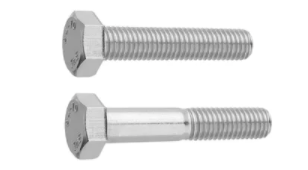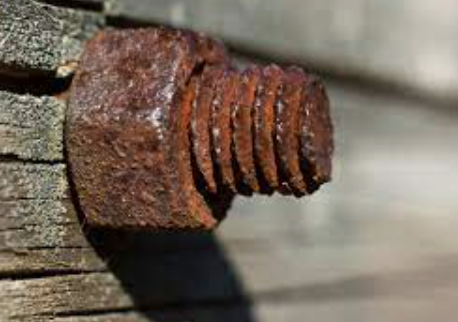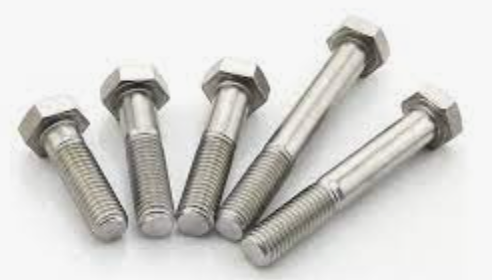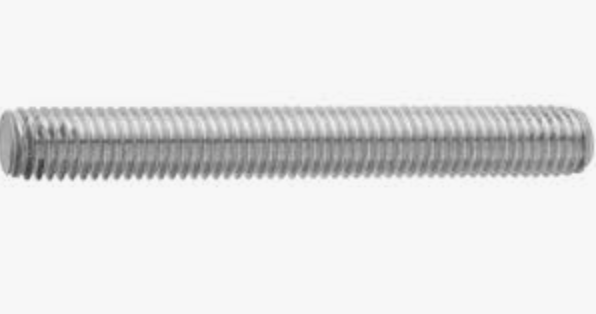Are all bolts created equal?

This month’s special edition of “tech talk” digs deep into the world of stainless steel fasteners with a focus on the risks posed by corrosion and corrosive environments. In this article, we will discuss things to watch out for, tips and tricks but be warned – this is NOT a riveting article. Hopefully, we will do a review of “riveting” in next month’s tech talk.
Do you love the beach?
Unfortunately, a lot of metals do not. However, as a tiny island nation, one of the most significant factors in selecting metal fixings that need considering is the effect on fasteners in a corrosive or marine environment.

A corrosive environment is considered anywhere within 5km of the coastline. Over 65% of kiwis live within 5km of our coastline (according to the 2006 Census), meaning there is a high risk of many buildings being susceptible to corrosion.
When selecting metal fixings for a corrosive or marine environment, you need to be aware of the stainless steel grade your fixing has.
As a general rule of thumb, 316-grade stainless offers good corrosion resistance, however, requires regular freshwater/rainfall to wash off contaminants like sea salt.
Lubricate, lubricate, lubricate
Before insertion, we highly recommend the use of a quality lubricant such as WD40 or similar. Lubrication dramatically reduces the threat or risk of galling or thread lock.
Smooth and polished

It is widely accepted that the smoother the finish of your stainless steel, the better the protection against corrosion. With brushed or rougher finishes, there is the opportunity for finer particles to get trapped on the surface and damage the oxide layer, which in turn can lead to rusting.
Clean and tidy

A tidy worksite is a productive and safe work environment for everyone. This includes the well-being of your stainless bolts. Ensure your bolts are kept away from contact or even proximity to other metals as this can create galvanic corrosion.
You should also consider the contamination of your worksite with metal filings or powders. If these come in contact with your engineer bolt, they can attach themselves during the installation process, compromising the long term viability of the stainless steel coating.
Full range of stainless steel fasteners
For access to a full range of bolt and bolt fastening accessories from timber connectors, a timber bolt, an engineer bolt, hex head (or any head), screws of any and every length search our website using our easy to use navigation search bar found on the home page.
Need help?
If you are unsure about your requirements, particularly in a corrosive environment, please contact your highly knowledgeable and friendly GFC representative for opening hours guidance and top-shelf customers services. We can help you fix any material to anything.
Want more?
Don’t forget to subscribe to our newsletter and like us on Facebook, LinkedIn or Instagram.

